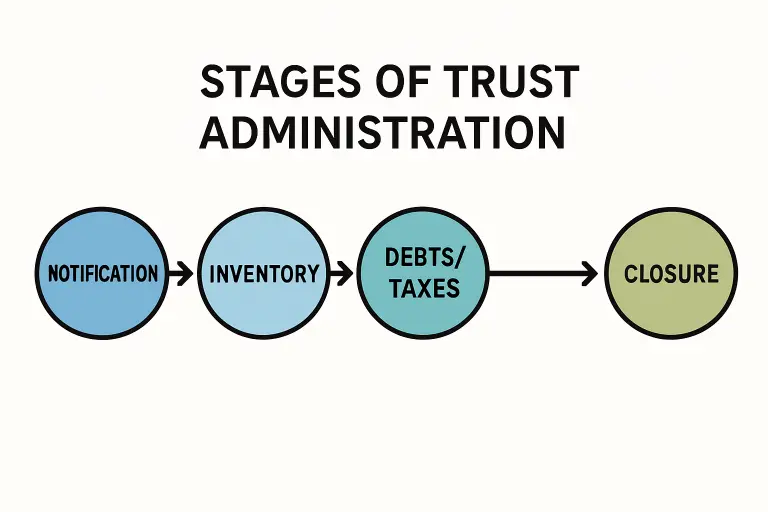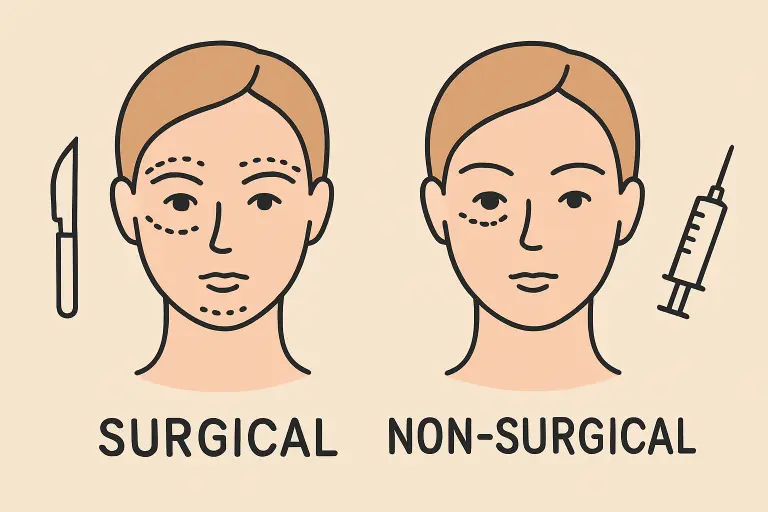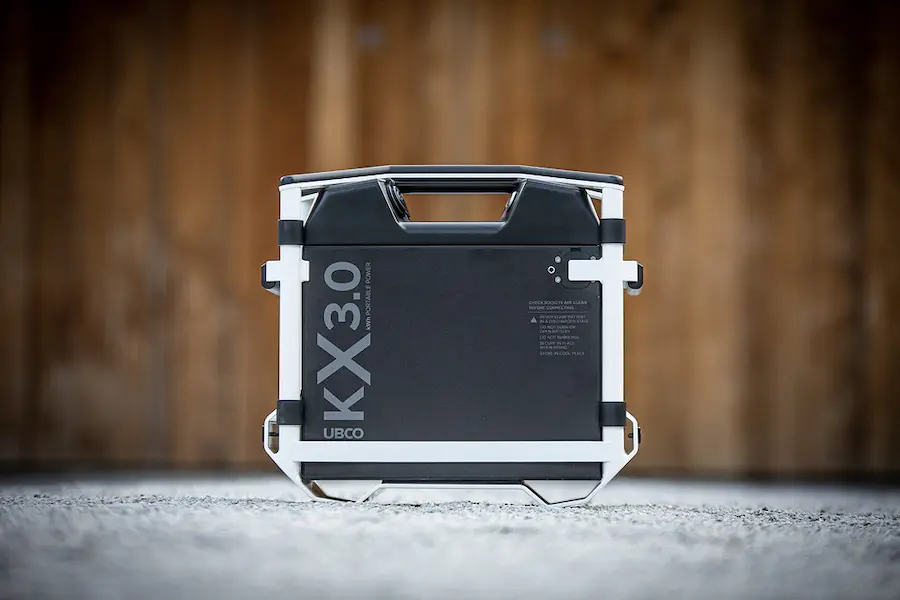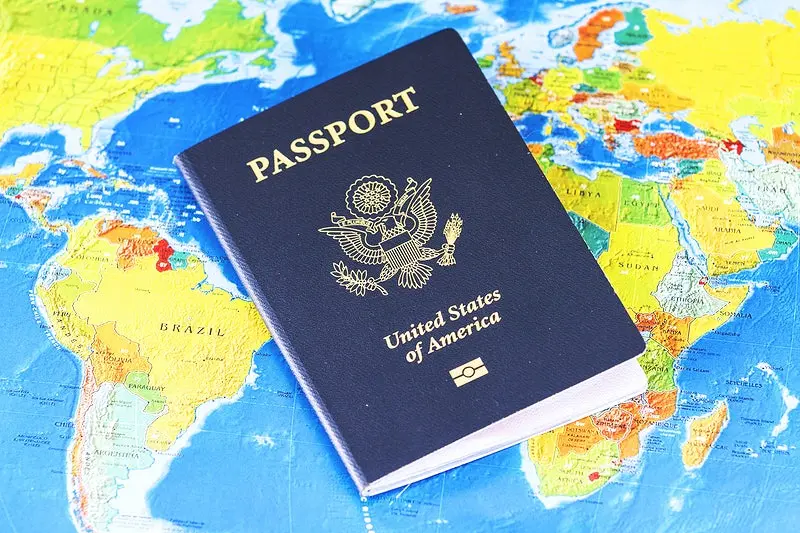Adoption is a complex and deeply emotional process that involves a myriad of legal requirements and procedures. One of the critical aspects of this process is the certification of documents. Certified documents are essential in ensuring that the adoption is legally binding and recognized by all relevant authorities. This article explores the legal requirements and procedures for certifying documents in the adoption process, providing a comprehensive guide for prospective adoptive parents.
Table of Contents
Understanding the Importance of Certified Documents
Legal Validity
Certified documents are legally recognized and have a higher level of authenticity. They are often required by courts and governmental agencies to confirm the legality and validity of the adoption process.
Preventing Fraud
Certification helps prevent fraud and misrepresentation. It ensures that all the information provided is accurate and that the documents are genuine.
International Adoption
In the case of international adoption, certified documents are crucial. They ensure that the adoption is recognized in both the child’s home country and the adoptive parents’ country.
Key Documents Required for Adoption
Birth Certificates
The birth certificate of the child being adopted is a fundamental document. It provides essential information about the child’s identity and background.
Adoption Decree
The adoption decree is a legal document issued by the court that finalizes the adoption. It includes details about the adoptive parents and the child, as well as the legal terms of the adoption.
Home Study Report
A home study report is conducted by a licensed social worker to assess the suitability of the adoptive parents. This report is a crucial part of the adoption process and must be certified.
Consent to Adoption
If the biological parents are still living, their consent to the adoption must be documented and certified. This consent ensures that the biological parents agree to relinquish their parental rights.
Financial Statements
Adoptive parents may be required to submit certified financial statements to demonstrate their ability to support the child.
Certification Process
Obtaining Certified Copies
To certify a document, you need to obtain a certified copy from the issuing authority. This usually involves paying a fee and providing identification.
Notarization
Notarization is a critical step in the certification process. A notary public will verify the authenticity of the documents and the identities of the signers. The notary then affixes their seal and signature to the document.
Apostille or Authentication
For international adoptions, documents may need an apostille or authentication. An apostille is a certification provided under the Hague Convention for authenticating documents for use in other countries. If the country is not a member of the Hague Convention, an embassy or consulate may need to authenticate the documents.
Legal Requirements by Country
United States
In the United States, each state has its own legal requirements for adoption. Generally, certified copies of birth certificates, adoption decrees, and home study reports are required. International adoptions often require additional certifications, such as an apostille.
United Kingdom
In the United Kingdom, the adoption process involves submitting certified copies of documents such as the child’s birth certificate, the adoption application, and the home study report. International adoptions may also require an apostille.
Canada
In Canada, adoption laws vary by province. Generally, certified documents required include the child’s birth certificate, the home study report, and the adoption order. International adoptions may require additional certifications.
Australia
In Australia, certified documents for adoption include the child’s birth certificate, the adoption application, and the home study report. For international adoptions, an apostille may be required for documents used abroad.
Procedures for International Adoptions
Hague Convention
The Hague Convention on Intercountry Adoption is an international treaty that establishes standards for international adoptions. It ensures that adoptions are conducted in the best interests of the child and that certified documents are recognized across member countries.
Non-Hague Convention Countries
For countries not part of the Hague Convention, the certification process may involve additional steps. Documents often need to be authenticated by the embassy or consulate of the adoptive parents’ country in the child’s home country.
Translation of Certified Documents
Importance of Accurate Translation
For international adoptions, it is often necessary to translate documents into the official language of the adoptive parents’ country. Accurate translation is crucial to ensure that all legal requirements are met and that the documents are correctly understood by all parties involved.
Certified Translation Services
To ensure the accuracy and legality of translated documents, it is advisable to use professional certified translation services. You can translate your documents through reputable providers to ensure they meet all legal standards.
Conclusion
Certified documents play a vital role in the adoption process, providing legal validity, preventing fraud, and ensuring international recognition. Understanding the legal requirements and procedures for certifying these documents is crucial for prospective adoptive parents. Whether the adoption is domestic or international, obtaining and certifying the necessary documents is a key step in ensuring a smooth and legally compliant adoption process. For those dealing with international adoptions, using professional translation services can further ensure that all documents are accurately and legally translated.































































































































































































































































































































































































































































































































































































































































































































































































































































































































































































































































































































































































































































0